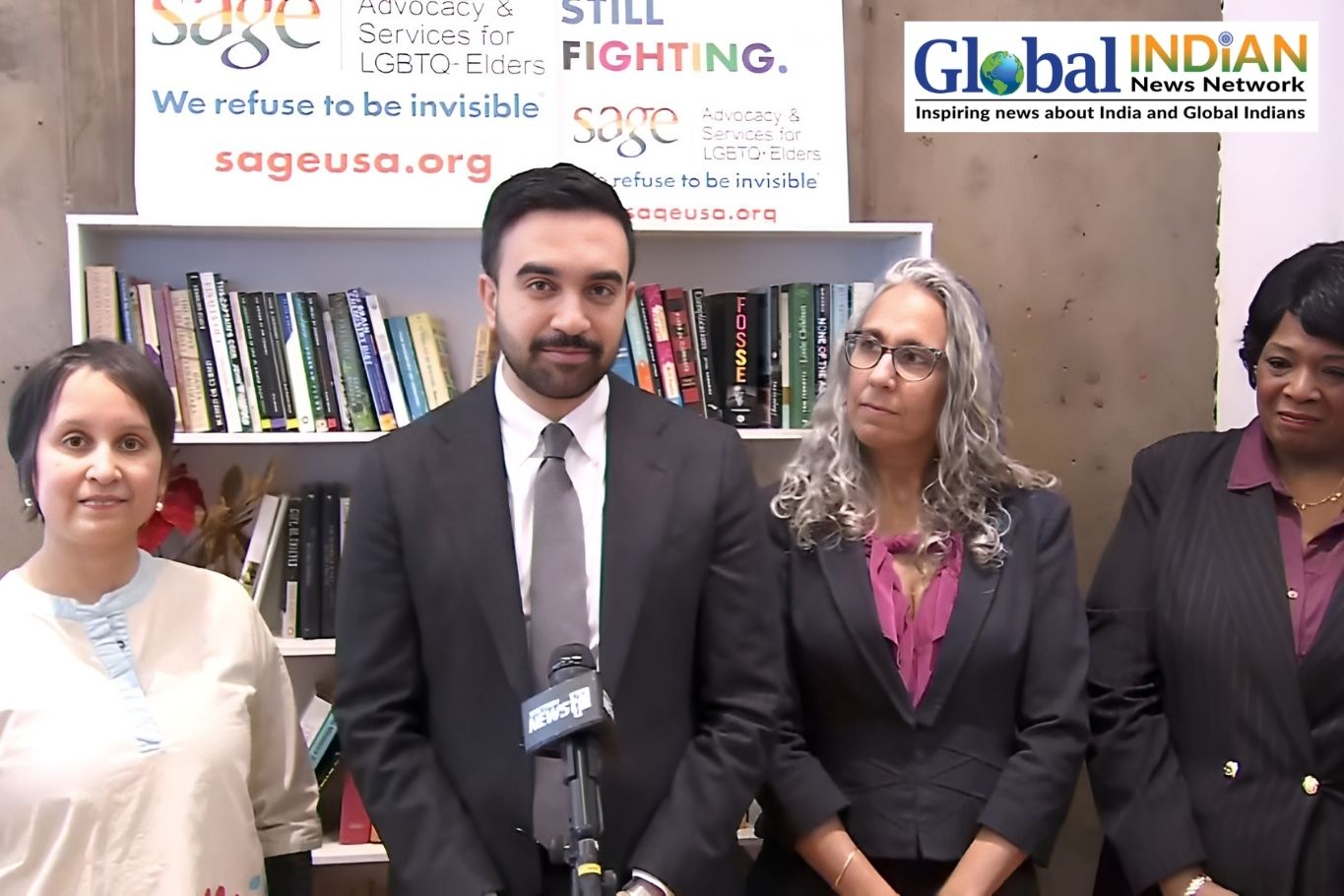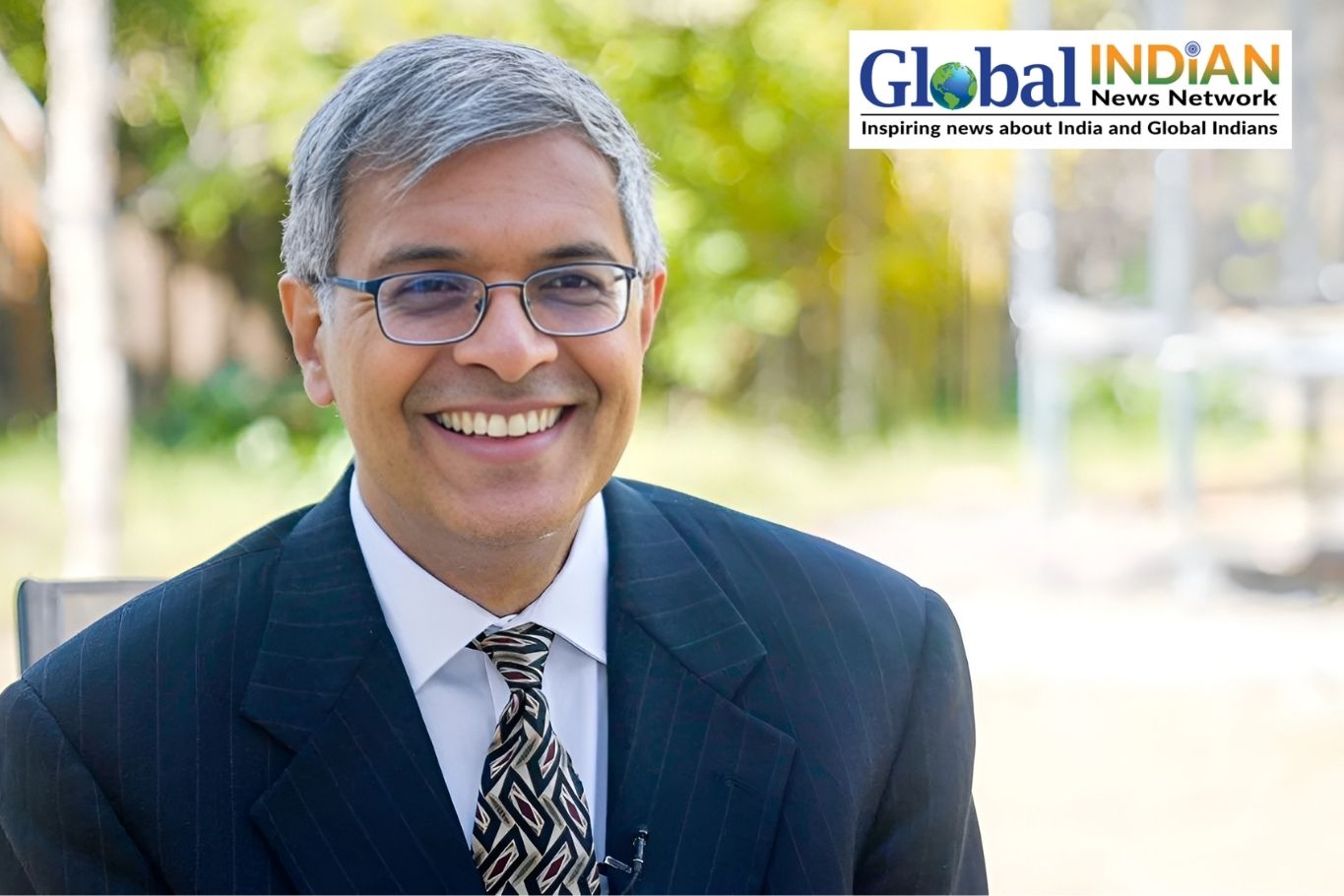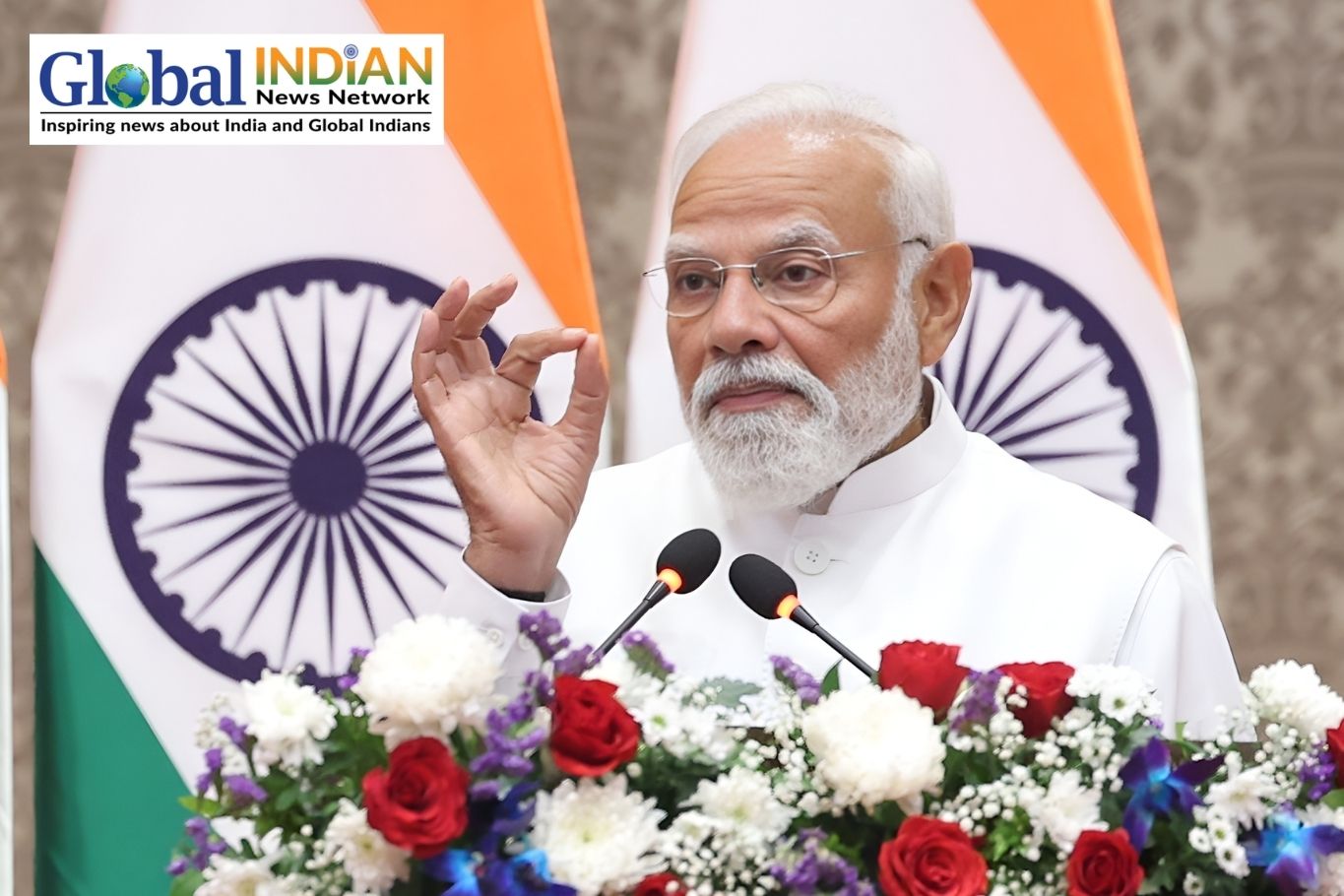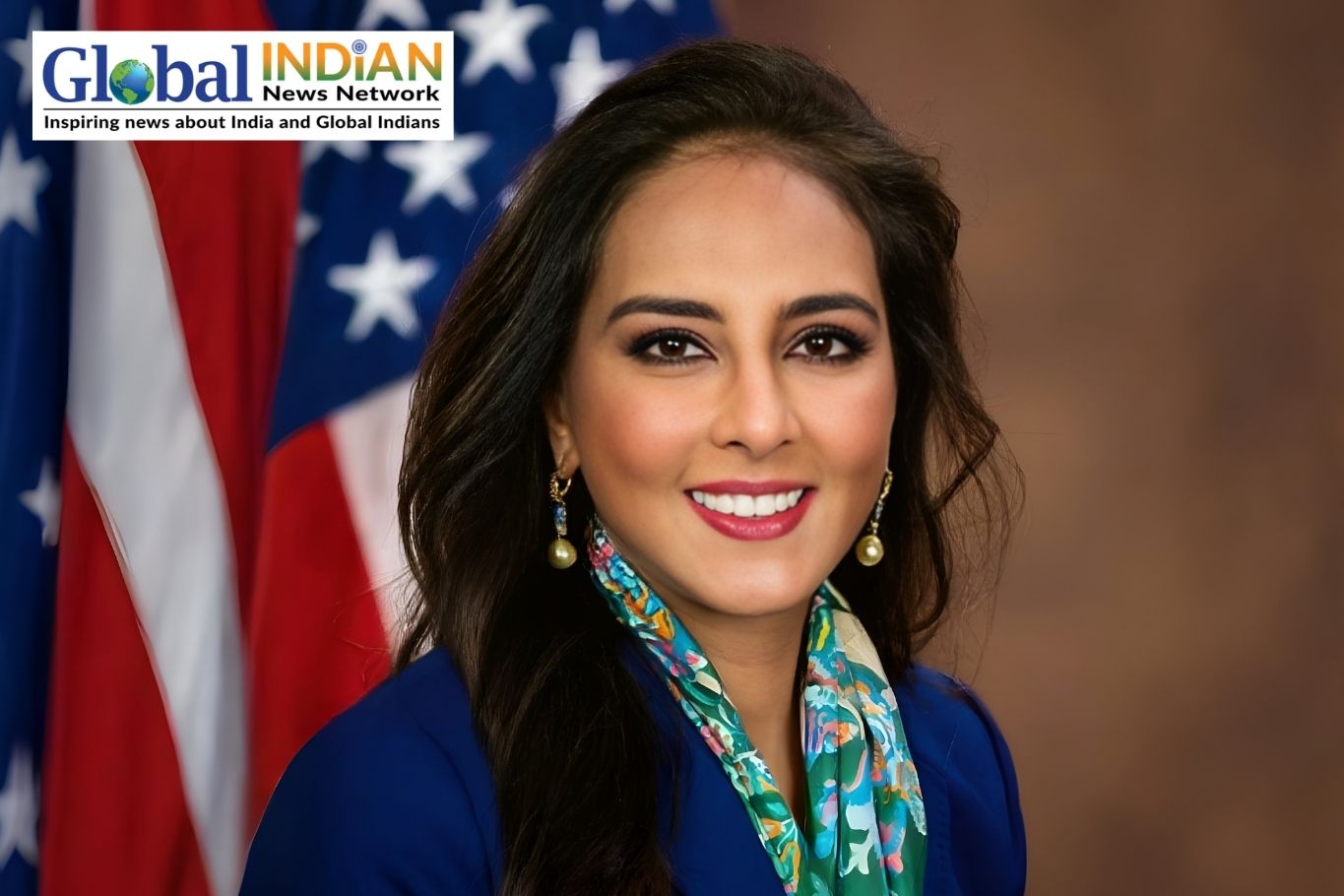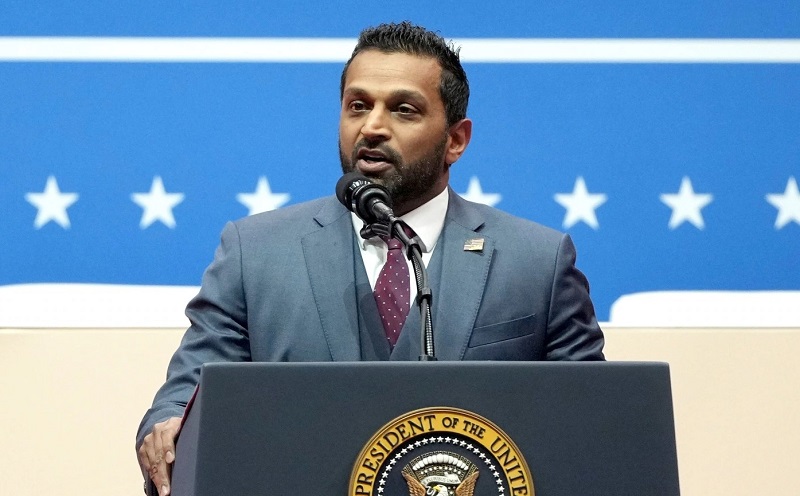
Kash Patel’s swearing-in as the new Director of the Federal Bureau of Investigation (FBI) marked a significant moment for the Indian American community, particularly for those supporting the Republican Party and former President Donald Trump. His decision to take the oath of office on the Bhagavad Gita underscored the growing acceptance of diverse religious traditions in American governance.
Political analysts see Patel’s appointment as a step forward for Indian Americans within the Republican Party, which has historically had fewer representatives from the community. Robinder Sachdev, president of the Delhi-based Imagindia Institute and co-founder of the US India Political Action Committee, noted that Patel’s rise reflects increasing opportunities for Indian Americans in Republican politics.
For Karthik Rangarajan, a Virginia-based technology and business consultant, Patel’s elevation is a landmark event, making him the first Indian American and person of color to lead the FBI. He pointed out that Trump’s administration has been one of the most diverse, bringing individuals from different political backgrounds into key roles. Patel’s vocal stance on issues such as government transparency has positioned him as an influential figure within conservative circles.
Patel’s appointment is particularly significant for younger Indian Americans, many of whom have been drawn to Trump’s direct and aggressive social media strategy. According to Sachdev, Patel’s leadership style resonates with Trump’s image as a strong leader, making him a rising figure among young Republican supporters.
Community leaders, such as Jiten Agarwal from Houston, Texas, view Patel’s appointment as a sign of growing Indian American representation in high-level government positions. He noted that while Trump’s administration may be perceived as predominantly White, the proportion of Asian and Pacific Islander members aligns with the general U.S. population.
The appointment also marks a shift in political engagement, as Indian Americans have traditionally been more involved with the Democratic Party. However, Patel’s rise signals a growing presence in conservative politics, potentially inspiring more Indian Americans to explore opportunities within the Republican Party.
Over the past decade, the number of Indian Americans in senior U.S. government roles has surged by 150%. While the Biden administration had around 150 Indian Americans in leadership positions, experts believe the number will be smaller under Trump. However, with over 1,200 senior positions to be filled, Patel’s appointment may pave the way for more Indian Americans to enter high-ranking roles in law enforcement and governance.
Sanjeev Joshipura, executive director of Indiaspora, sees Patel’s appointment as a positive sign for the continued engagement of the Indian diaspora in American politics. With more opportunities opening up under the Trump administration, Indian Americans may increasingly find representation in senior government roles, strengthening their influence across the political spectrum.

